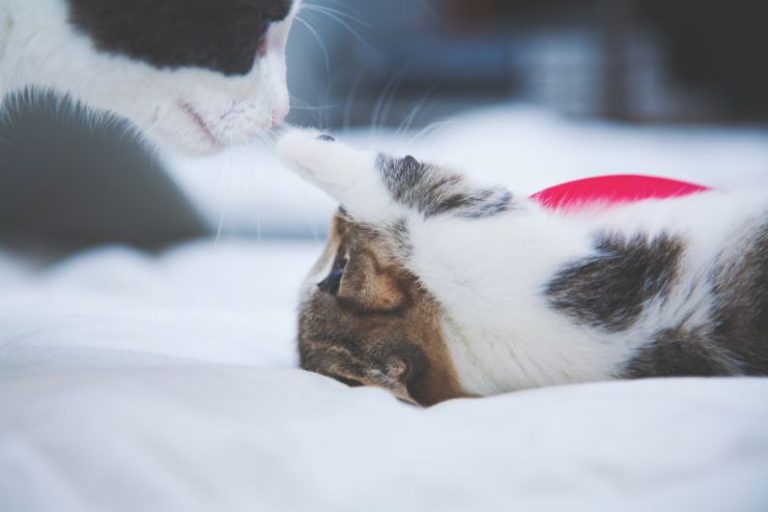The World of Exotic Pets
Exotic pets have gained popularity in recent years, with more people opting for unconventional companions over the traditional cat or dog. From colorful reptiles to playful primates, the world of exotic pets offers a diverse array of unique and fascinating creatures to choose from. Let’s delve into this captivating world and explore the joys and challenges of owning an exotic pet.
The Appeal of Exotic Pets
Exotic pets appeal to many animal lovers for their distinctiveness and the opportunity to care for a creature that is out of the ordinary. These animals often boast striking appearances and behaviors that captivate the imagination. From the vibrant feathers of parrots to the sleek scales of snakes, exotic pets offer a visual feast for their owners.
Furthermore, the bond between an exotic pet and its owner can be incredibly rewarding. Many exotic animals are highly intelligent and can form deep connections with their human caregivers. This bond can lead to a fulfilling companionship that enriches both the pet and the owner’s lives.
Unique Care Requirements
Owning an exotic pet comes with its own set of challenges, primarily due to the unique care requirements of these animals. Unlike traditional pets, exotic species often have specialized diets, housing needs, and environmental considerations that must be meticulously met to ensure their well-being.
For example, reptiles such as chameleons require specific temperature and humidity levels in their enclosures to thrive. Similarly, exotic birds need a diverse diet that includes fruits, vegetables, and seeds to maintain their health. Understanding and fulfilling these specific care needs are essential for providing a happy and healthy life for exotic pets.
Legal and Ethical Considerations
Before bringing home an exotic pet, it is crucial to research and understand the legal and ethical considerations surrounding their ownership. Some exotic species are protected under wildlife conservation laws and cannot be kept as pets without the proper permits. Additionally, the exotic pet trade can have detrimental effects on wild populations if not conducted sustainably and ethically.
It is essential to source exotic pets from reputable breeders or adopt from rescue organizations to ensure that the animals have been ethically obtained. Responsible ownership also involves providing proper housing, veterinary care, and enrichment for the exotic pet to promote their physical and emotional well-being.
The Exotic Pet Community
Owning an exotic pet can be a unique and sometimes isolating experience, as these animals require specialized care that not everyone may understand. However, there is a vibrant community of exotic pet enthusiasts who share knowledge, experiences, and support with fellow owners.
Online forums, social media groups, and local clubs provide a platform for exotic pet owners to connect, seek advice, and celebrate their shared passion for these extraordinary animals. Building a network within the exotic pet community can be invaluable for gaining insights, troubleshooting challenges, and forming friendships with like-minded individuals.
The Future of Exotic Pets
As the interest in exotic pets continues to grow, it is essential for owners to prioritize the welfare and conservation of these animals. Responsible ownership, education, and advocacy are key aspects of ensuring a sustainable and ethical future for exotic pets in captivity.
By staying informed, following best practices in care, and supporting initiatives that promote the well-being of exotic species, owners can contribute to a positive impact on the lives of these fascinating creatures. The world of exotic pets holds endless possibilities for discovery, companionship, and conservation, making it a truly captivating realm for animal lovers to explore.






